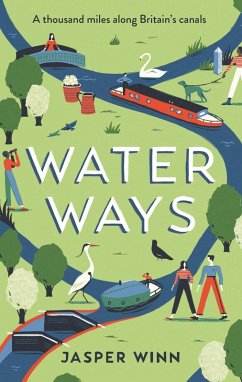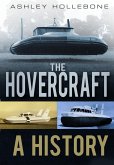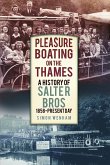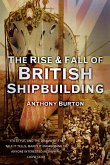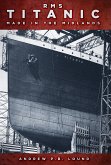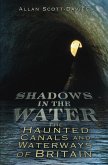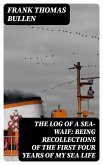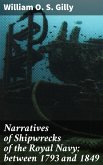For a hundred and fifty years, between the plod of packhorse trains and the arrival of the railways, canals were the high-tech water machine driving the industrial revolution. Amazing feats of engineering, they carried the rural into the city and the urban into the countryside, and changed the lives of everyone. And then, just when their purpose was extinguished by modern transport, they were saved from extinction and repurposed as a 'slow highways' network, a peaceful and countrywide haven from our too-busy age. Today, there are more boats on the canals than in their Victorian heyday.
Writer and slow adventurer Jasper Winn spent a year exploring Britain's waterways on foot and by bike, in a kayak and on narrowboats. Along a thousand miles of 'wet roads and water streets' he discovered a world of wildlife corridors, underground adventures, the hardware of heritage and history, new boating communities, endurance kayak races and remote towpaths. He shared journeys with some of the last working boat people and met the anglers, walkers, boaters, activists, volunteers and eccentrics who have made the waterways their home. In Britain most of us live within five miles of a canal, and reading this book we will see them in an entirely new light.
Writer and slow adventurer Jasper Winn spent a year exploring Britain's waterways on foot and by bike, in a kayak and on narrowboats. Along a thousand miles of 'wet roads and water streets' he discovered a world of wildlife corridors, underground adventures, the hardware of heritage and history, new boating communities, endurance kayak races and remote towpaths. He shared journeys with some of the last working boat people and met the anglers, walkers, boaters, activists, volunteers and eccentrics who have made the waterways their home. In Britain most of us live within five miles of a canal, and reading this book we will see them in an entirely new light.
Dieser Download kann aus rechtlichen Gründen nur mit Rechnungsadresse in A, D ausgeliefert werden.

